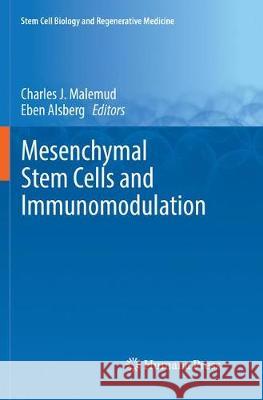Mesenchymal Stem Cells and Immunomodulation » książka
topmenu
Mesenchymal Stem Cells and Immunomodulation
ISBN-13: 9783319835730 / Angielski / Miękka / 2018 / 85 str.
Kategorie:
Kategorie BISAC:
Wydawca:
Springer
Seria wydawnicza:
Język:
Angielski
ISBN-13:
9783319835730
Rok wydania:
2018
Wydanie:
Softcover Repri
Ilość stron:
85
Waga:
0.15 kg
Wymiary:
23.39 x 15.6 x 0.53
Oprawa:
Miękka
Wolumenów:
01
Dodatkowe informacje:
Wydanie ilustrowane











